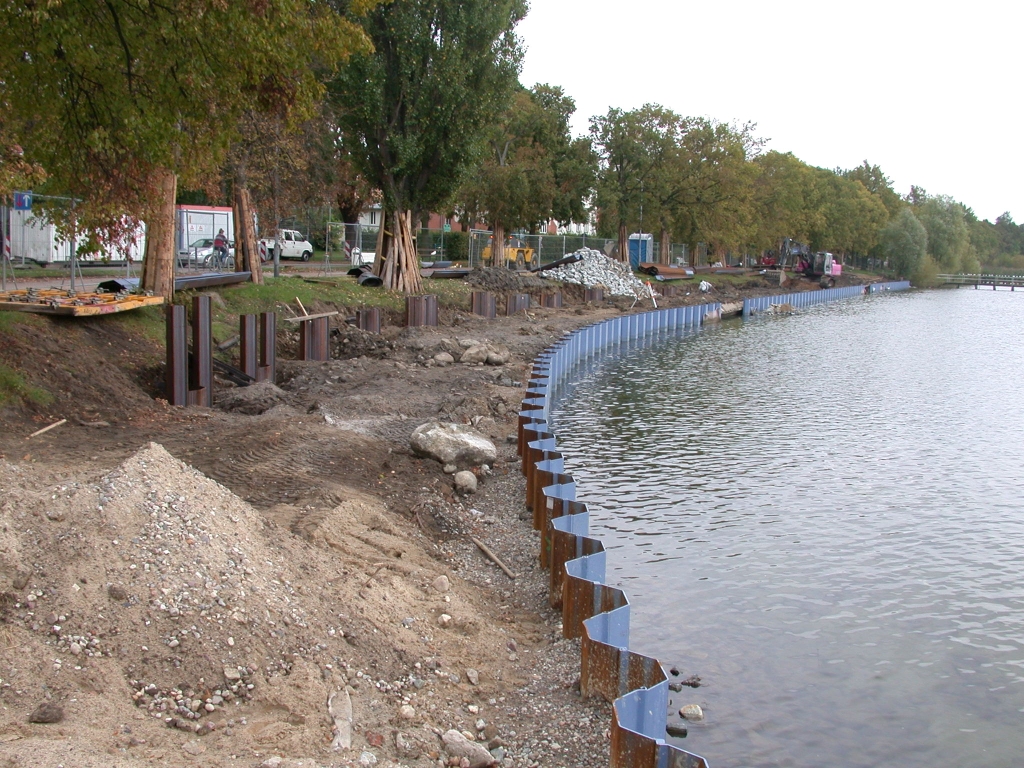Littoral shoreline development and the structure and functioning of lakes

Humans alter the littoral and riparian zone of lakes and the associated loss of littoral habitats represent a pervasive alteration of the ecological integrity of lakes and has been identified as major drivers for the loss of littoral biodiversity world-wide. With our previous work we could show that shoreline development reduces habitat heterogeneity and complexity and results in a significant reduction of biodiversity, as well as in a significant altered composition of littoral macroinvertebrate communities. This has profound implications for ecosystem functioning and shorelines developed by recreational or residential development have significantly altered food webs. This is exacerbated by clearcutting of the riparian vegetation, which disrupts cross-boundary couplings between the riparian and the littoral zone. Building on this, our ongoing research focusses on deriving thresholds at which shoreline development has consequences for the structure and functioning of the entire lake ecosystem. Furthermore, we work at developing appropriate approaches to assess the structural and functional status of littoral zones on lakes.
Cooperation
- Leibniz-Institute of Freshwater Ecology and Inland Fisheries
- Brandenburg University of Technology Cottbus -Senftenberg
